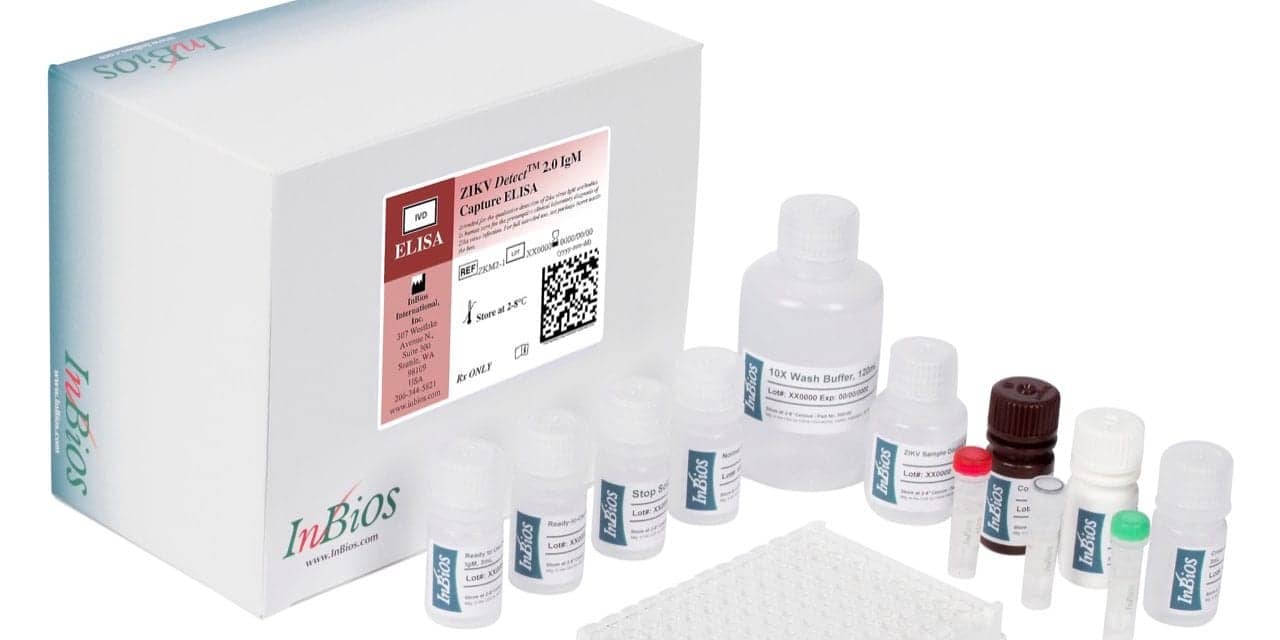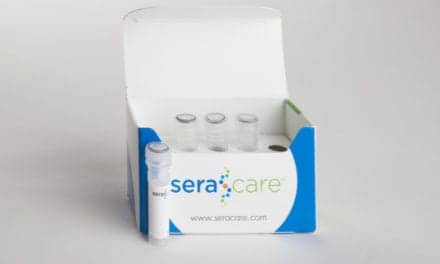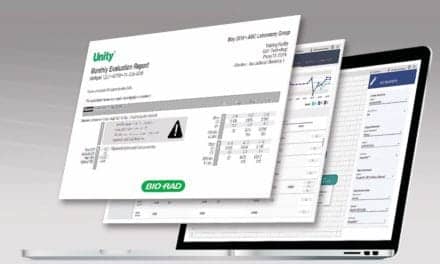FDA has authorized the marketing of a new diagnostic test to detect Zika virus immunoglobulin (IgM) antibodies in human blood. The ZIKV Detect 2.0 IgM Capture ELISA from InBios International, Seattle, is the first Zika diagnostic test cleared for marketing in the United States. Previously, all tests for detecting Zika virus antibodies had been marketed only under an FDA emergency use authorization (EUA).
“At the onset of the Zika virus outbreak, when little was known about the disease or how to diagnose it, FDA worked quickly with manufacturers to encourage the development of diagnostic tests and ensure they were available using our emergency use authorities,” explains Acting FDA Commissioner Ned Sharpless, MD. “Today’s marketing authorization is a great demonstration of FDA’s work to protect the public health in emergency response situations. We ensured there were tests made available quickly under EUA, but we continued to work with diagnostic manufacturers to take the next step of ensuring products were FDA reviewed for safety and effectiveness and authorized under our traditional premarket authorities.”
The Zika virus is spread to people primarily through the bite of an infected Aedesspecies mosquito. While many people with Zika virus infection experience no symptoms, the virus can pose potentially serious risks to the public health. Links between Zika virus infection and neurological complications (ie, Guillain-Barré syndrome), as well as microcephaly (abnormal smallness of the head) and other poor outcomes associated with Zika virus infection during pregnancy, have increased the importance of having diagnostic tests available for Zika virus.
In 2016, the Centers for Disease Control and Prevention (CDC) announced that limited local mosquito-borne Zika virus transmission had been reported in the continental United States. In 2018, and so far in 2019, no local US mosquito-borne Zika virus transmission has been reported.
The ZIKV Detect 2.0 IgM Capture ELISA is designed to identify proteins (antibodies) produced by the body’s immune system when it tests for Zika virus infection in the blood. IgM antibodies indicate an early immune response. The test is for use only in patients with clinical signs and symptoms consistent with Zika virus infection, or those who meet CDC’s Zika virus epidemiological criteria, such as history of residence in or travel to a geographic region with active Zika transmission at the time of travel.
Results of the new test are intended to be used in conjunction with clinical observations, patient history, epidemiological information, and other laboratory evidence to make patient management decisions. Negative results may be seen in specimens collected before day 4 after the onset of symptoms, or after the window of detectable IgM closes, and therefore do not preclude the possibility of Zika virus infection, past or present. The test is not authorized by FDA for testing blood or plasma donors.
Prior to clearance of the ZIKV Detect 2.0 IgM Capture ELISA, all of the available Zika tests had been authorized for use under an EUA, in which the agency allows emergency use of unapproved medical products, or unapproved uses of approved medical products, to diagnose, treat, or prevent serious or life-threatening diseases or conditions caused by chemical, biological, radiological, or nuclear agents. FDA can only issue an EUA when specific criteria are met, including that there are no adequate, approved, and available alternatives.
FDA is now considering whether the ZIKV Detect 2.0 IgM Capture ELISA test is an adequate, approved, and available alternative to other Zika virus antibody diagnostic tests available under EUAs. Currently, there are 18 other active EUAs for tests to diagnose Zika virus infection, four of which detect Zika virus antibodies. FDA is communicating with the four EUA holders to evaluate whether the agency should revoke the EUAs for those specific tests.
FDA reviewed data for the ZIKV Detect 2.0 IgM Capture ELISA through the de novo premarket review pathway for low-to-moderate-risk devices of a new type. Along with its authorization, FDA is establishing special controls that specify the requirements for demonstrating the accuracy, reliability, and effectiveness of tests intended to identify Zika virus antibodies. The agency’s action also creates a new regulatory classification that sponsors can use to submit a premarket notification (510(k)) for a subsequent device of the same type and intended use, and can obtain clearance by demonstrating substantial equivalence to a predicate device.
For further information, visit InBios International.
Featured image: The ZIKV Detect 2.0 IgM Capture ELISA from InBios International.






